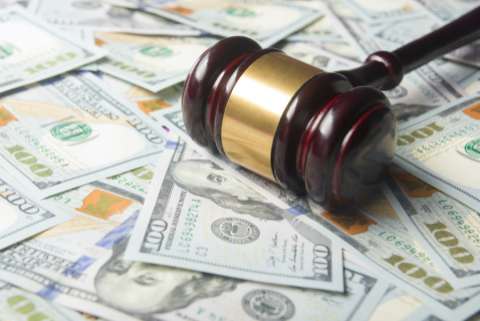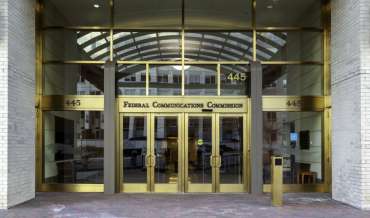As we find ourselves in limbo between the anticlimactic Barr Supreme Court case and the potentially momentous Facebook case, Telephone Consumer Protection Act (TCPA) litigation continue apace. Two recent court decisions illustrate just how expensive TCPA class actions can be for defendants and how lucrative they can be for plaintiffs attorneys.
Last week, the Eleventh Circuit handed down a decision in a case—Drazen v. Godaddy.com, LLC, CIVIL ACTION: 1:19-00563-KD-B, 2020 U.S. Dist. LEXIS 143273 (S.D. Ala. August 11, 2020)—with an appallingly high fee for the plaintiffs attorneys: $8.7 million. There are some other notable quirks about the case—namely involving the way it brings in class members from outside the Eleventh Circuit’s jurisdiction to both juice the numbers and circumvent Eleventh Circuit precedent on what constitutes sufficient injury for standing, as explained by Eric Troutman at TCPA World—but that top line number really stands out.
Last year, a judge in Oregon handed out an astonishingly large verdict in a TCPA class action, which the defendant promptly appealed. The court denied that appeal. Last week, the District Court in that case—Wakefield v. ViSalus, Inc.—affirmed the size of the judgment, making it quite possibly the largest TCPA penalty in history: $925 million. What makes this even more notable is the court had decided not to award treble damages. This astounding penalty came as the result of 1.8 million TCPA violations.
Telemarketing compliance is a complicated field and we often spend a lot of time delving into the nuances of litigation, legislation, Federal Communications Commission (FCC) rulemaking, and the like. But sometimes the lessons to be learned are best communicated by simple facts and figures such as those found in these two cases.
Further Reading





